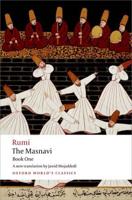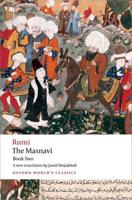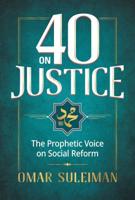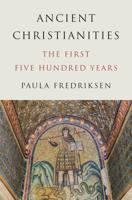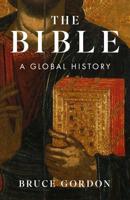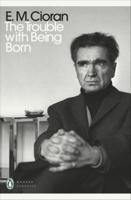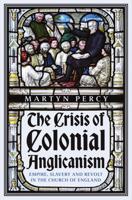Publisher's Synopsis
In 680 CE al-Ḥusayn ibn ?Ali, the grandson of the Prophet Muḥammad, was killed in a battle at Karbala. Ancient accounts describe this event as a minor skirmish, similar to the numerous battles that were waged in the early history of Islam. Among Shi?ites, however, the story of the event soon developed into a narrative about a cosmic battle between the powers of universe, with al-Ḥusayn personifying good and life-giving powers. The story came to epitomise the trauma that is at the heart of the Shi?ite ethos: the treachery of the non-Shi?ite community against the family of the Prophet.
This book investigates this development in the 7th to 10th centuries CE and its significance for emerging Shi?ite identity in early Islam. It provides an in-depth analysis and diachronic comparison of the three earliest versions of the Karbala story, analyses the story of the Penitents who attempted to avenge the death of al-Ḥusayn, and surveys the development of the image of al-Ḥusayn and the rituals associated with him in historiography, poetry and Shi?ite hadith.


